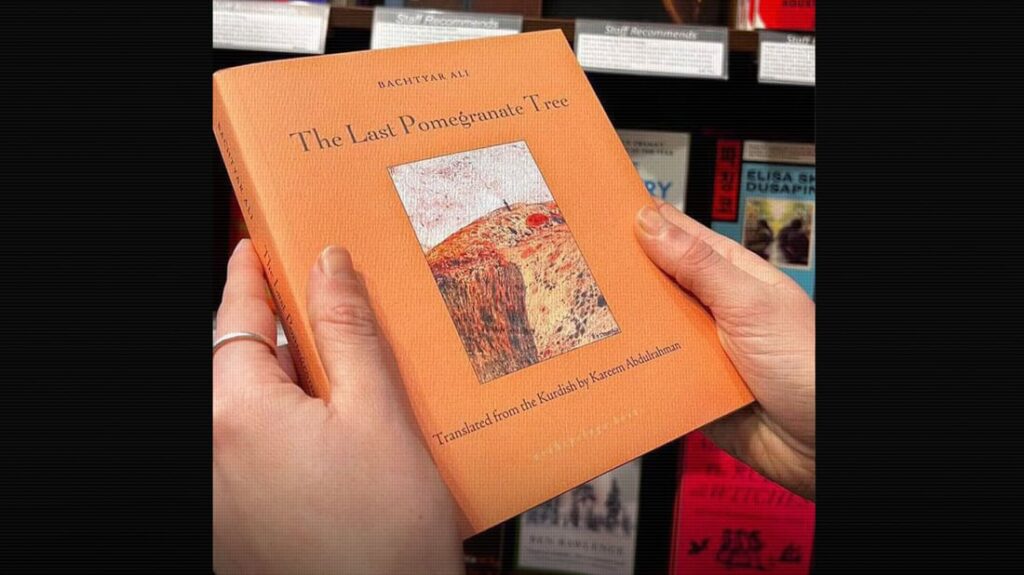Turkey police block rally backing Kurdish hunger strikes for ocalan

DIYARBAKIR-AMED, Turkey Kurdistan,— Turkish anti-riot police used their shields to push back dozens of female relatives of Kurdish hunger strikers during an attempted protest in the southeast of the country on Thursday.
Security forces prevented the women from gathering in a park in the city of Diyarbakir in Turkey Kurdistan (Bakur), the Kurdish region in the southeast, an AFP journalist at the scene said.
They were mostly the wives and mothers of thousands of prisoners on hunger strike in a bid to improve the detention conditions of Abdullah Ocalan, co-founder of the banned Kurdistan Workers’ Party (PKK).
Ocalan has been serving a life sentence for treason in an island prison near Istanbul since his capture in 1999.
“We are proud of the resistance in our prisons… Pressure will not intimidate us,” the protestors shouted before being forced to disperse.
One woman fainted and at least six men who came to support the women were detained.
Despite his near-total isolation, Ocalan remains the figurehead of the Kurdish insurgency in Turkey.
Many Kurdish politicians and activists are on hunger strike to protest against Ocalan’s prison conditions. Kurdish HDP lawmaker Leyla Guven, has been on hunger strike since November 8, 2018 calling for improvement in the prison conditions for Ocalan and calling for access for Ocalan’s lawyers and family members.
Some 3,000 prisoners are currently on a partial hunger strike — refusing to eat solid food — according to the pro-Kurdish Peoples’ Democratic Party (HDP).
The Kurdish party says eight prisoners have committed suicide over the issue in recent months.
A large Kurdish community in Turkey and worldwide openly sympathise with PKK rebels and Abdullah Ocalan, who founded the PKK group in 1974 and currently serving a life sentence in Turkey, has a high symbolic value for most Kurds in Turkey and worldwide according to observers.
Ocalan, who was arrested 20 years ago, is serving a life sentence on Imrali island, close to Istanbul. Ocalan was caught in Kenya outside the Greek embassy in Nairobi on February 15, 1999 by Turkish secret service agents after attempting to seek asylum in Europe.
Kurds see Ocalan, called “leader of the Kurdish people” by his followers and “head of the PKK terrorist organisation and separatist leader” by Turkish officials and media, as a living symbol of the Kurdish cause in Turkey.
The PKK took up arms in 1984 against the Turkish state, which still denies the constitutional existence of Kurds, to push for greater autonomy in Turkish Kurdistan for the Kurdish minority who make up around 22.5 million of the country’s 79-million population. More than 40,000 Turkish soldiers and Kurdish rebels, have been killed in the conflict.
Copyright © 2019, respective author or news agency, Ekurd.net | AFP
Comments



